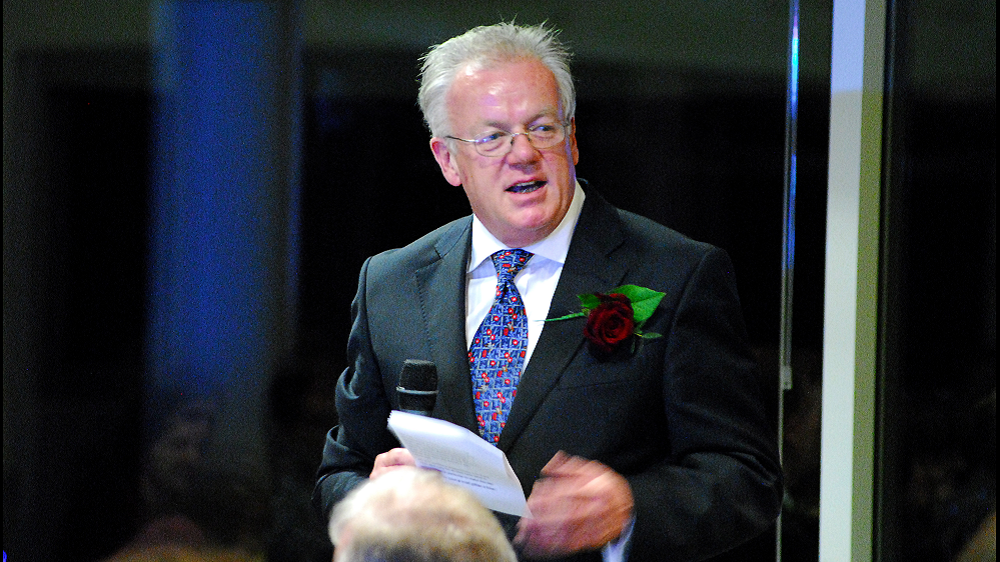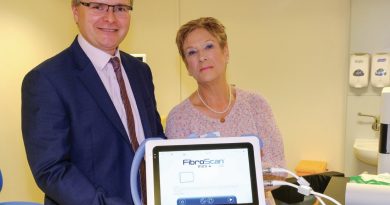Local asylum seekers so hungry they use food banks
Asylum seekers living in temporary accommodation in West Berkshire say they are not given enough food.
Some are so hungry they have appeared at Newbury Soup Kitchen asking for food.
A Healthwatch West Berkshire survey has revealed some startling insights into the lives of around 160 people, currently stuck in the Home Office system in the district.
The report says there are two local hotels housing asylum seekers through the Home Office. One is in Calcot and the other near Thatcham.
Twenty per cent of the asylum seekers have been there more than a year.
“We received concerns about the living conditions locally for asylum seekers,” said Healthwatch. “We heard from Newbury Soup Kitchen and the West Berkshire Muslim Centre and the key refugee partner organisations who helped us with the report.
“Initially there were concerns around sufficient fresh fruit and vegetables and ‘culturally appropriate’ food choices.”
Food for residents is part of the Home Office contract and supplied daily to residents pre-prepared to be microwaved onsite by the staff – residents have no means of preparing food themselves. It is served in plastic takeaway containers.
“There are also patients with specific dietary requirements, for instance diabetic patients who have requested for their meals to be adjusted,” said a local GP. “GPs have had to do letters for this to be considered. Some of the young men have also complained about portion size.”
The lack of communal dining means most eat in their rooms; 53 per cent spend most of their time in their room.
“The other key concern is the lasting effects of a period of poor nutrition, especially when it comes at the end of a difficult journey,” said Sam Jonkers, of Care4Calais.
“Shipped in pre-made food is not good enough for long term provision and potentially lead to people choosing to work illegally, in turn risking exploitation. We are also frequently told that children are losing weight in hotels.”
Healthwatch says it wrote to Ready Homes, part of the Clearsprings Group, which is the contracted provider of Initial Accommodation for asylum seekers in West Berkshire. It did not receive a response.
The survey was done in conjunction with voluntary sector organisations regularly working with the asylum residents.
“I’m not well enough with stomach ache and sleep turbulence last days…. I stopped eating any frozen food at all, just dry food, biscuits and fruits,” said one West Berkshire resident asylum seeker.
At the end of June 2022 there were over 117,000 people in the UK awaiting an initial decision on residential status, according to the Refugee Council.
“We are just waiting. I would like to be housed as have been here for over a year,” another West Berkshire resident asylum seeker said.
“We heard from our voluntary sector partners that isolation, boredom, anxiety and pre-existing trauma are of concern, with asylum seekers displaying increased hopelessness and despair,” added Sam Jonkers.
While awaiting an initial decision, the asylum seekers have no say in where they can live in the UK, can be sent elsewhere at short notice and are not allowed to work.
The uncertainty and insecurity is taking its toll on the mental health of West Berkshire asylum seekers, the report says.
“The UK law forget to ask the Home Office that we are not animals to stay 16 months just to eat and sleep?” another resident told the survey.
The Healthwatch report says that in West Berkshire, “we found that facilities are limited, with no communal dining space or leisure facilities (such as gyms and pools) and reduced domestic support services”.
“Toiletries must be requested and in West Berkshire we heard reports of items such as toothbrushes not being available and deodorant is not provided.”
Asylum seekers living in Initial Accommodation receive £9.10 per week – and full board of food, bed and toiletries.
Asylum seekers are not entitled to any other benefits when they are living within Home Office accommodation.
While 87 per cent of respondents reported feeling safe, 13 per cent did not. The majority were single females.
Others told of suspicion and discriminatory comments.
“When we first arrived in the district, despite receiving a welcome from most, we were met with some opposition in the form of discriminatory comments on online message boards,” a confidential source told Healthwatch.
“We have now learnt to ‘step aside’ when other people walk towards us in the street.”
Some asylum seekers are attending Reading College to learn English and they are given a bus pass for term-time use only.
Other local colleges declined to have asylum seekers attend on site but offered to bring the services to the accommodation.
Some asylum seekers have access to bikes, which have been donated to them by the local community.
The report says the local community has stepped up brilliantly to support residents with activities including cricket, football and the local community scores the highest marks in the survey.
In November last year, a 34-year-old West Berkshire asylum seeker died shortly after receiving a cancer diagnosis.




